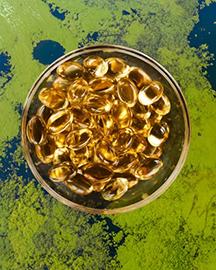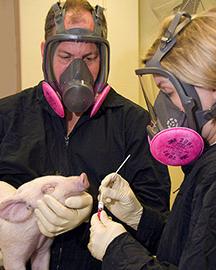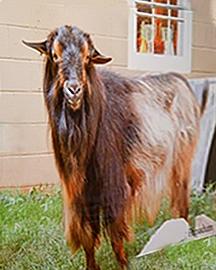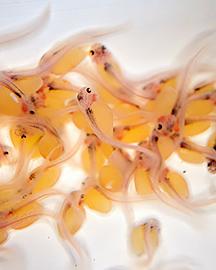Reversible Biocides May Improve Animal Health, Food Safety, and the Environment
Antimicrobials such as biocides are used to preserve animal health and food safety. Examples include traditional antibiotics, reactive chemicals like bleach or formaldehyde, or heavy metals that can harm the environment and cause antibiotic resistance when released into wastewater.
ARS scientists at the Western Regional Research Center (Albany, CA) and the National Animal Disease Center (Aimes, IA) developed novel, reversible biocides that kill disease-causing bacteria while minimizing other toxic effects. Researchers found that reversible biocides were effective at treating digital dermatitis, a painful hoof disease in cattle that often leads to lameness. These novel biocides also fell apart when diluted in water to smaller compounds, which are nontoxic and biodegradable under environmental conditions. Scientists are evaluating reversible biocides to treat cow udder infections (mastitis), the largest use of antibiotics on dairies, and as processing aids for poultry and produce to reduce foodborne illness causing bacteria.
Related Information
Article: USDA Scientist Named Finalist for Samuel J. Heyman Service to America Medal for Groundbreaking Research
Publication: New Reversible Biocides for Digital Dermatitis Treatment







